What to do in case of an insured event in Uzbekistan
17.07.2025
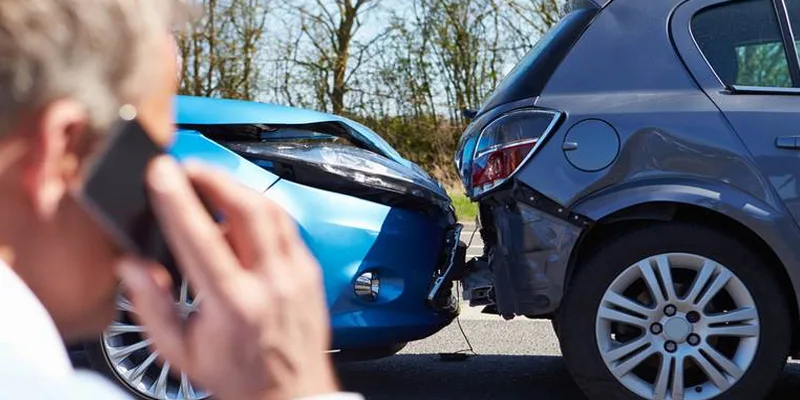
Insurance is an important financial instrument for protection against unforeseen circumstances. In Uzbekistan, as in many other countries, insured events can encompass a wide range of occurrences - from traffic accidents to property loss due to natural disasters. However, many citizens do not fully understand their rights and obligations when such events occur, which often leads to payment delays or claim denials. In this article, we will examine in detail the entire process of actions to take when an insured event occurs, starting from the first minutes after the incident and ending with receiving the insurance payout.
Initial actions in the event of an insured incident
When an insured event occurs, it is crucial to remain calm and act methodically. The primary task is to ensure the safety of all parties involved in the incident and prevent the situation from worsening. Depending on the nature of the insured event, the sequence of initial actions may vary slightly, but the basic principles remain the same.
In any insured event, the following steps should be taken:
- In case of a traffic accident, immediately turn on the hazard lights and set up an emergency warning triangle;
- If property is damaged, try to minimize further damage, for example, by shutting off electricity in case of flooding;
- In cases involving a threat to life or health, immediately call for emergency medical assistance or, if you are abroad, contact the Assistance Dispatch Center specified in your policy;
- In the event of criminal incidents (theft, robbery), preserve all evidence of the crime until law enforcement arrives.
After taking immediate safety measures, it is necessary to promptly contact the relevant government agencies. This requirement is mandatory for most types of insurance, as official documents from competent authorities serve as the primary evidence of an insured event. For example, in the case of a traffic accident, it will be practically impossible to receive an insurance payout without a certificate from the Road Traffic Safety Department. The same applies to other types of insured events - medical, property-related, or those involving civil liability.
Notifying the insurance company
After the situation has stabilized and the necessary emergency services have been called, the next crucial task is to promptly notify the insurance company about the incident. This step is often underestimated, which leads to problems when processing insurance claims later. The insurance contract always specifies exact timeframes within which you must report the occurrence of an insured event - typically, no later than 30 days from the moment it occurs, and for certain types of insurance (for example, voluntary life insurance) - up to 20 business days.
Modern insurance companies offer several ways to report an insured event:
- Phone call to the insurer's hotline;
- Online claim submission through the official website or mobile app;
- Personal visit to the insurance company office.
When contacting the insurance company, be prepared to provide specific information. The operator or employee will need the insurance policy number, the exact time and location of the incident, and a brief description of the circumstances. It is advisable to prepare all necessary documents in advance to expedite the claim process. Remember, the faster and more complete the information provided, the quicker the insurer can begin working on your case.
Documenting and gathering evidence
One of the key aspects when filing an insurance claim is properly documenting all circumstances of the incident. Well-collected evidence significantly increases the chances of a favorable payout decision and helps avoid disputes with the insurance company. In modern practice, there are several effective ways to document an insured event.
The most important types of evidence include:
- Overview photographs of the incident scene with reference to the surroundings;
- Detailed images of all damages and consequences of the event;
- Video recordings made immediately after the incident;
- Official documents from state services (Traffic Police, Emergency Services, medical institutions, etc.);
- Witness statements with their contact information.
Special attention should be paid to official documents issued by competent authorities. For example, in the case of a traffic accident, this includes the incident report, accident diagram, determination of fault, and results of alcohol or drug intoxication tests. In case of property damage, a report from utility services or the Ministry of Emergency Situations will be required. For medical insurance claims, medical records from healthcare institutions, as well as documents issued by a medical expert sent by the insurance company, are mandatory. All documents must be properly completed and bear the necessary stamps and signatures.
Submitting a claim to the insurance company
After gathering all necessary evidence, the stage of formally filing an insurance claim begins. This process starts with submitting a written application to the insurance company. The application form may vary depending on the insurer, but the general requirements for its content remain standard.
When filling out the application, special attention should be paid to the following points:
- Precise indication of the date, time, and location of the incident;
- Detailed description of the circumstances of the insured event;
- List of damages or losses;
- List of attached documents and evidence;
- Bank details for receiving the insurance payout.
The application must be accompanied by a complete set of documents: a copy of the passport, insurance policy, documents from government agencies, photos, videos, and other evidence. It is recommended to make copies of all papers and request a receipt confirmation on your copy. This will help in case of a dispute or loss of materials.
Receiving insurance payout
After the completion of the examination and verification of all documents, the insurance company makes a decision on the payment of insurance compensation. Payment periods typically range from 10 to 30 calendar days, and for OSGOVTS (Mandatory Motor Third Party Liability Insurance) - within 15 days.
Insurance payments can be made in various forms:
- Money transfer to a bank account;
- Payment for repair work through service centers;
- Reimbursement of medical expenses;
- Replacement of damaged property;
- Compensation for lost income (under the relevant terms of the contract).
If the person at fault in a traffic accident does not have an OSGOVTS policy, the injured party can receive compensation through the Payment Guarantee Fund, within which the maximum amount is up to 40 million soums (14 million for vehicle damage, 26 million for health damage). The at-fault party is obligated to reimburse this amount to the Fund.
Insurance claims always occur unexpectedly and require prompt and competent action. Knowing how to behave when an insured event takes place will help you protect your interests and receive the full compensation you are entitled to. The success of claim settlement depends on three factors: timeliness, completeness of documentation, and awareness of your rights.
News and articles
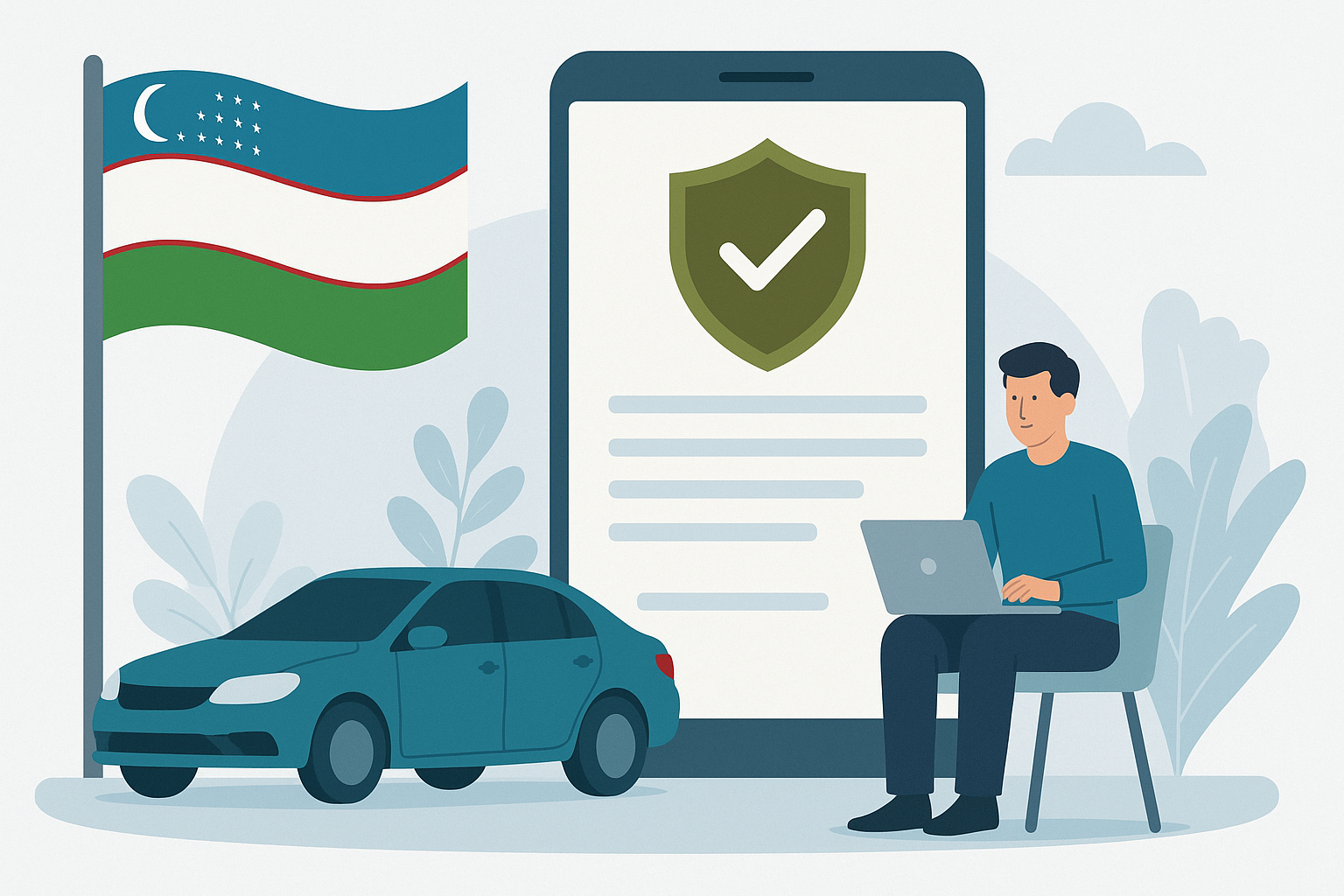
CCLIOMV in Uzbekistan: What Mandatory Car Insurance Covers and How to Get a Policy Online
CCLIOMV in Uzbekistan - find out what mandatory car insurance covers, which risks are included in the OSAGO policy, and how to conveniently purchase car insurance online. Get practical information for drivers and car owners on GROSS.UZ!
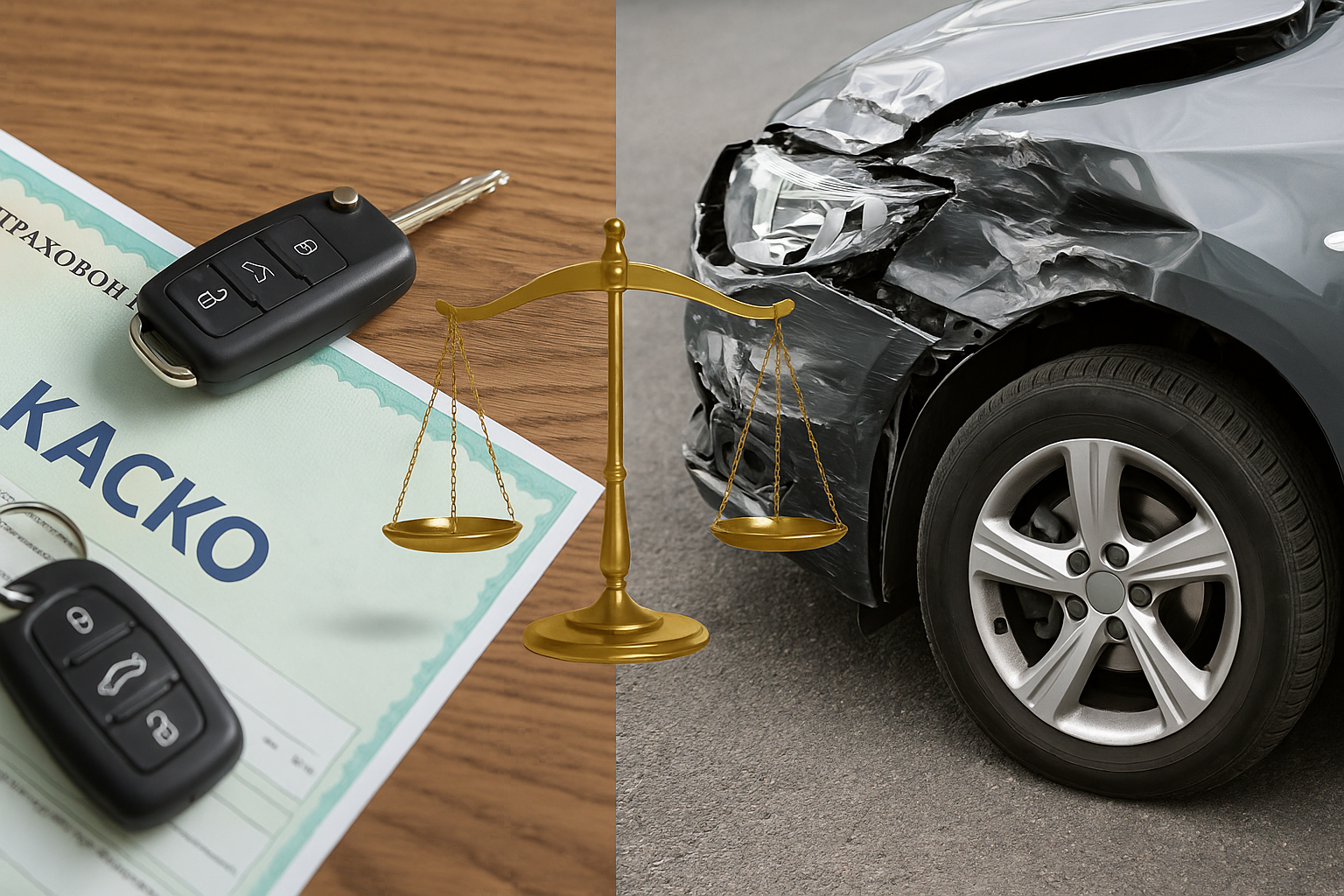
What is more expensive: accident repairs or a comprehensive car insurance policy?
Find out what’s more expensive - repairing your car after an accident or purchasing a CASCO insurance policy. We compare repair costs, assess potential risks and explain how to choose the most cost-effective protection option for drivers on GROSS.UZ!
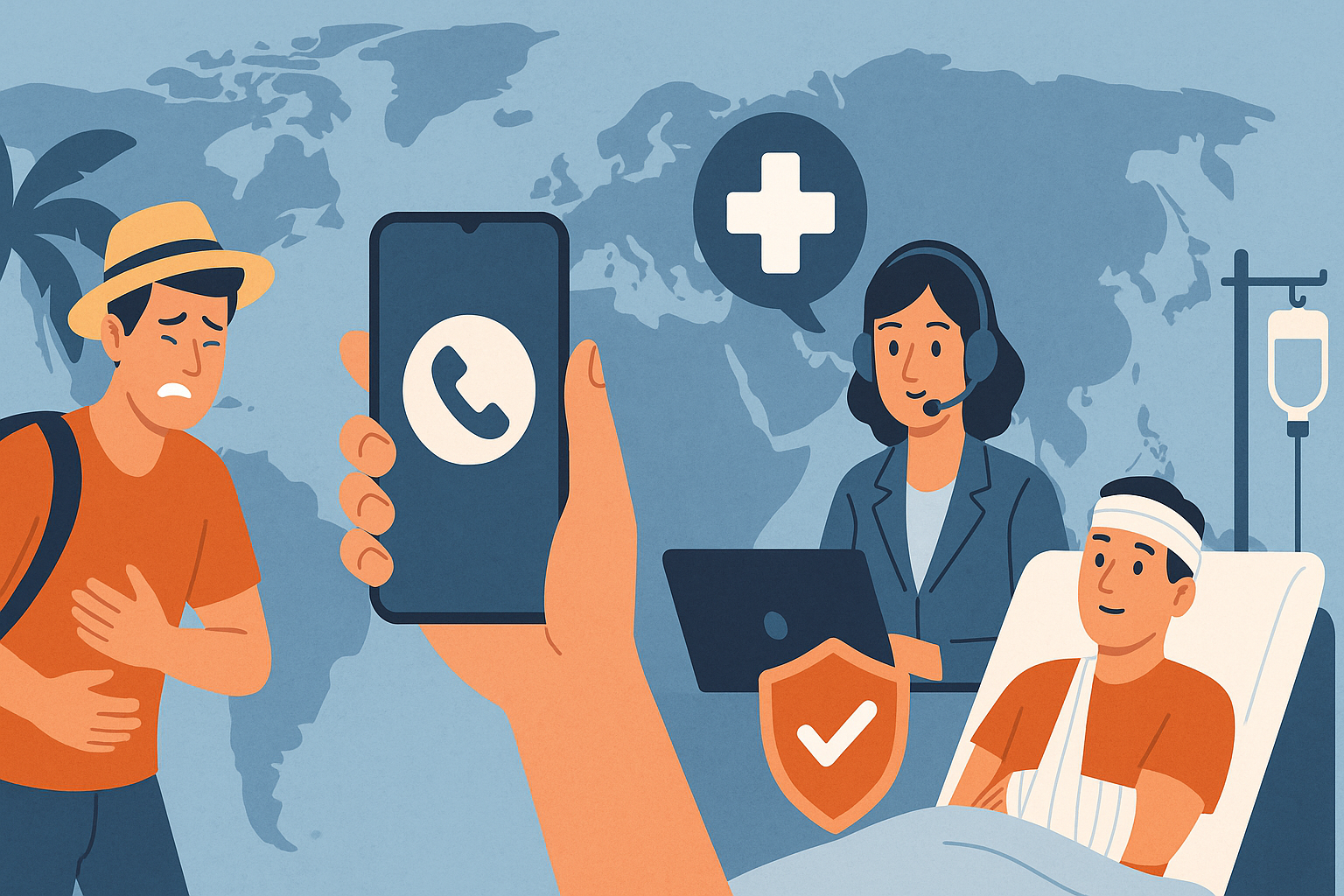
What to do in case of an insurance event abroad: A guide for travelers with a policy
Find out what to do in case of an insurance event abroad - a step-by-step guide for travelers with a policy. Tips on how to act correctly, contact your insurance company, and get assistance while abroad - on GROSS.UZ!
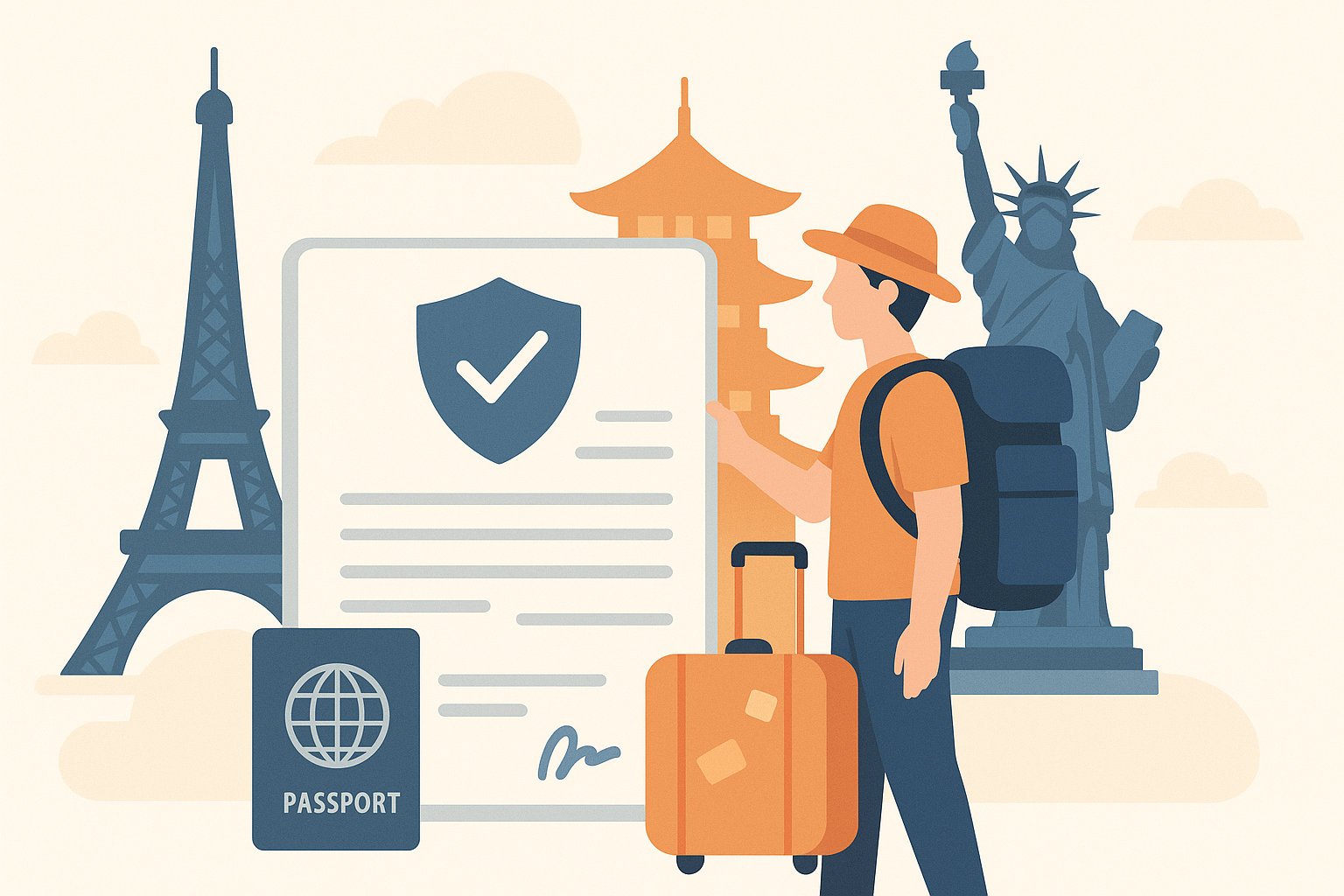
How to choose the right travel insurance for a trip to Europe, Asia and the USA
Choosing the right travel insurance is the key to a worry-free trip. Learn how to select the best insurance policy for your travels to Europe, Asia and the USA - what factors to consider, which risks to cover, and how to avoid overpaying for unnecessary services
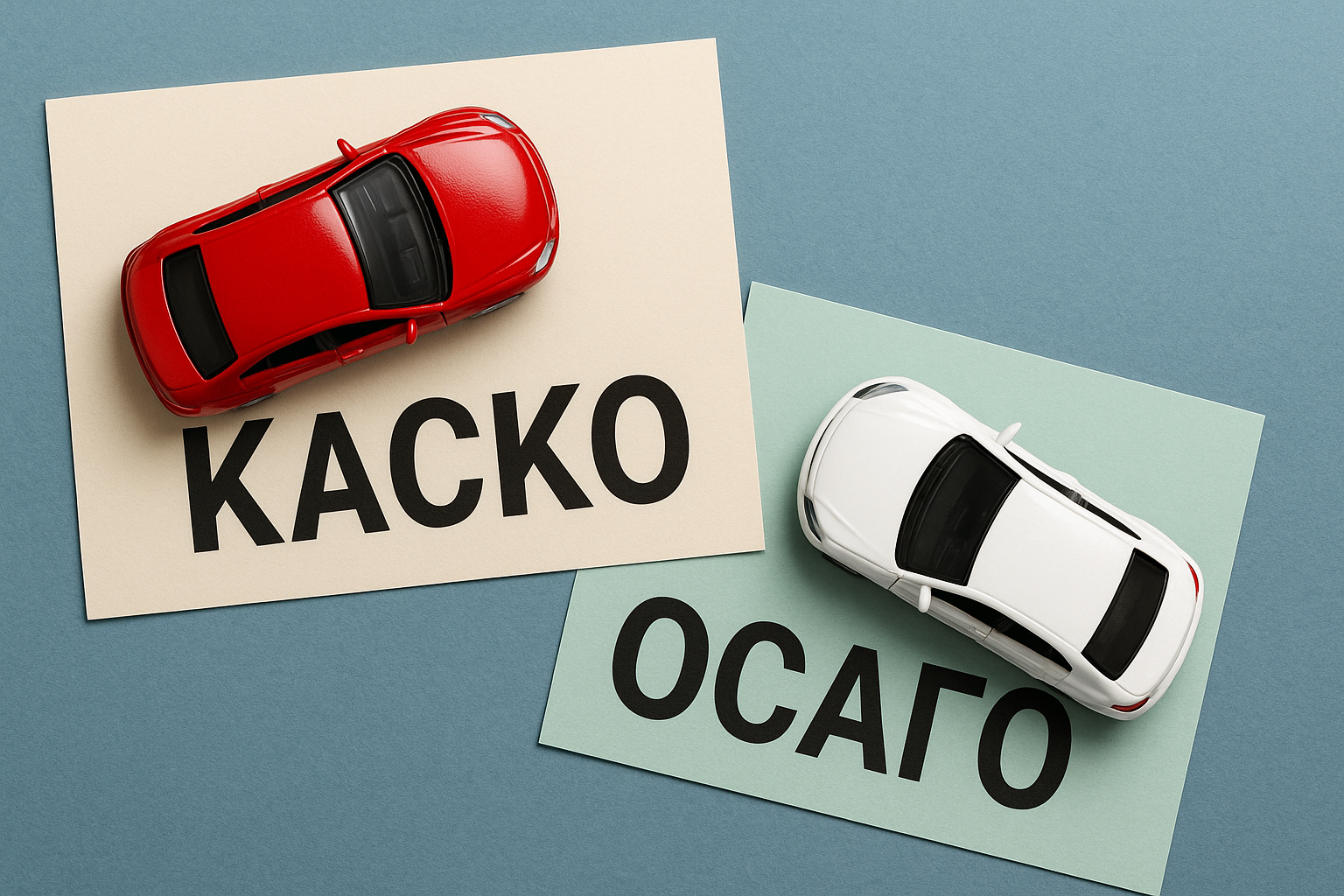
The differences between KASKO and OSAGO Car Insurance: A Complete Guide for Car Owners in Uzbekistan
KASKO and OSAGO car insurance are two different types of auto coverage in Uzbekistan. Learn how they differ in cost, conditions, risks, and compensation to choose the best protection option for your vehicle on GROSS.UZ!
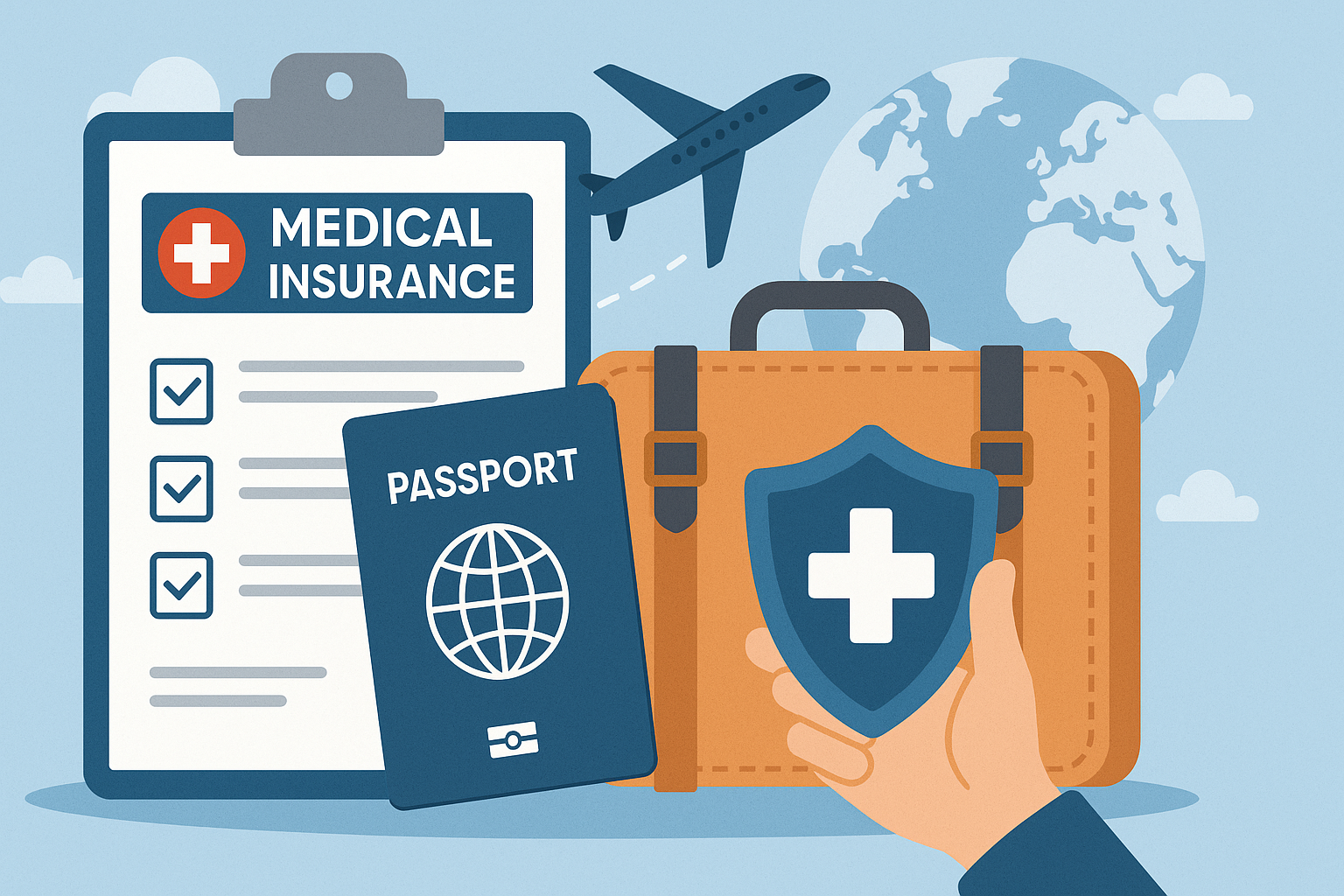
Compulsory medical insurance for traveling abroad | GROSS.UZ
Compulsory medical insurance for traveling abroad provides protection against medical expenses during trips. What requirements are essential for international medical insurance? Get detailed recommendations and prepare for your journey safely with GROSS.UZ!

